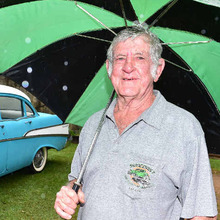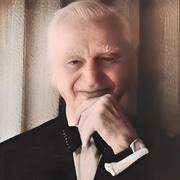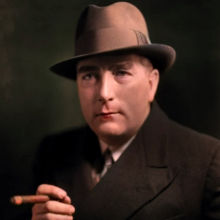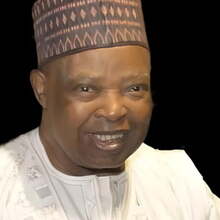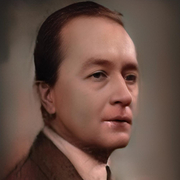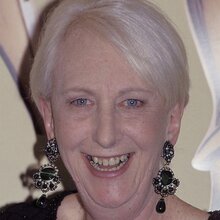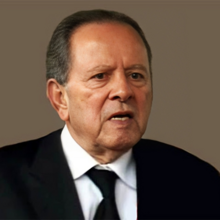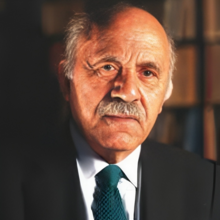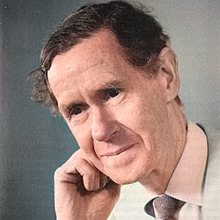
Personal
Other names:
Job / Known for:
philosophy of religion, philosophy of language
Left traces:
Books and articles on various philosophical topics
Born
Date:
1917-08-25
Location:
AU
Sydney, New South Wales
Died
Date:
1981-12-12 (aged 64)
Resting place:
GB
Death Cause:
Cancer
Family
Spouse:
Joan Meredith (m. 1947)
Children:
Penny, Catriona, Fiona, David and Charles Mackie
Parent(s):
Alexander Mackie and Annie Burnett Duncan Mackie
QR Code:
 My QR code:
John Leslie Mackie
https://DearGone.com/10803
My QR code:
John Leslie Mackie
https://DearGone.com/10803
Key Ownner:
Not yet supported by key owner
Show More
Rank
Users ranking to :
Thanks, you rate star
Ranking
5.0
1
About me / Bio:
Show More
Article for John Leslie Mackie
Died profile like John Leslie Mackie
Comments:


